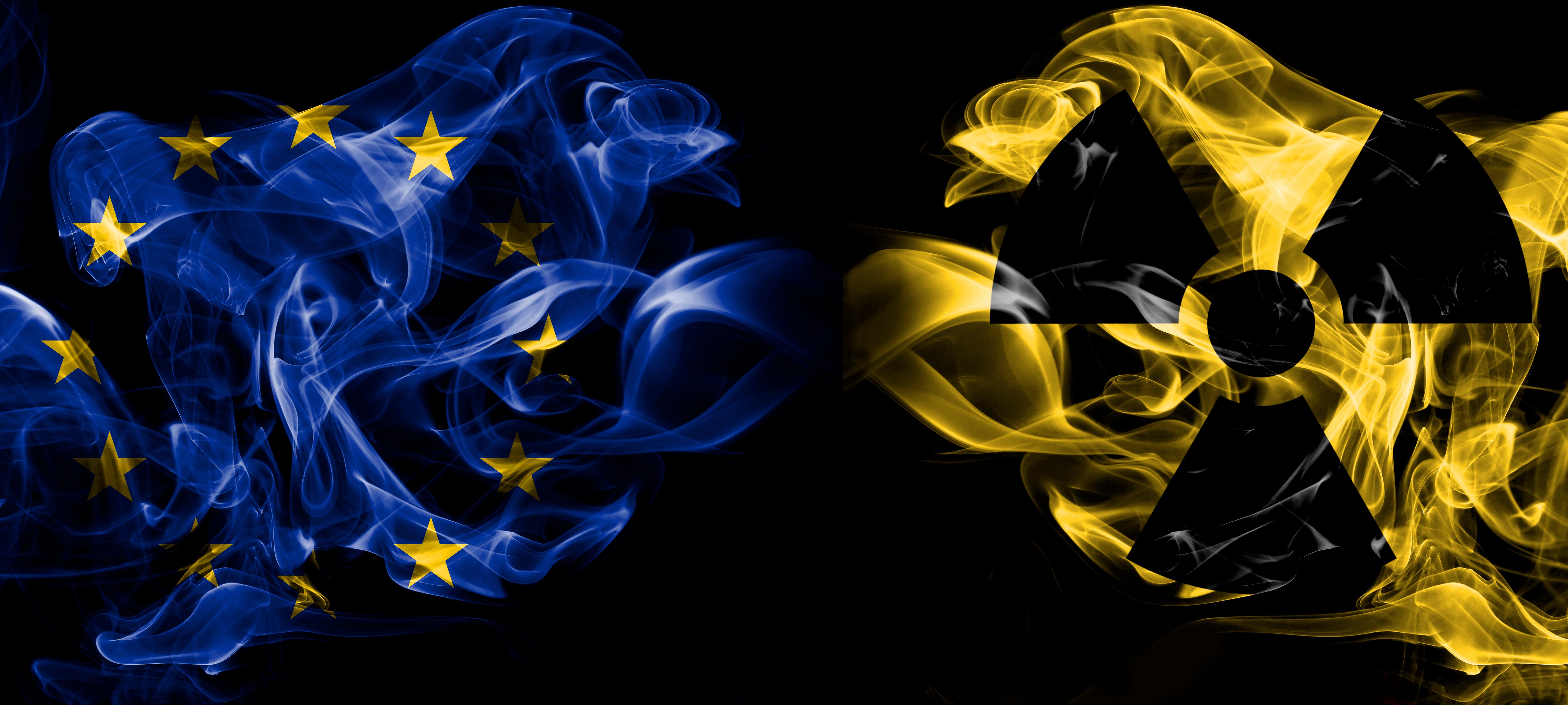The inclusion of nuclear energy and natural gas in the European Union’s taxonomy has driven member states to take legal action, a decision that has potential ramifications for the make-up of ESG ETFs.
Last month, the EU published the Complementary Climate Delegated Act which covers certain nuclear energy and gas activities, however, Austria and Luxembourghave brought a lawsuitbefore the European Court of Justice while Germany is reportedly considering one as well.
As German vice-chancellor Robert Habeck said: “The position of the federal government is that it would not have needed the second delegated act. We will see what kind of majority will be formed in the Council.
“And after that, it will be necessary to decide whether the legal examination will lead us to a lawsuit or not.”
The EU’s inclusion of nuclear energy is controversial given the impact of nuclear radioactive waste on the environment.
However, meeting the targets of the Paris Agreement will require large increases in nuclear power to complement the heavy investment in renewable energy. According to the International Energy Agency (IEA), nuclear power – along with hydropower – provide approximately 75% of the world’s low carbon electricity generation highlighting its importance in the transition to a net-zero economy.
Neil Hirst, senior policy fellow, energy and mitigation at Imperial College London, said: “Nuclear power is the largest source of low-carbon electricity in the developed world and the second largest, after hydro, in the world as a whole.
“In countries with limited hydropower, it is also one of the few options for low-carbon electricity that do not depend on local weather conditions. France, which largely relies on nuclear power for its electricity, has reduced the carbon intensity of its economy to less than half the average for developed nations.”
If nuclear is included in the EU’s taxonomy, ETF issuers and index providers in Europe will need to adjust strategies accordingly. There are a number of ETFs with some exposure to nuclear including the iShares Global Clean Energy UCITS ETF (INRG), which has a 14% weighting to companies involved in nuclear energy, while the Xtrackers EUR Corporate Bond UCITS ETF (XGBE) has a 17% weighting.
As Kenneth Lamont, senior fund analyst, passive strategies, at Morningstar, summarised: “It is a stony issue at a political level. There are many countries and regions that think nuclear should not be included in a sustainable investment portfolio.
“The role nuclear plays is heavily disputed and highly politicised. The investment universe is merely a reflection of the conflicting ideas that there are about nuclear globally.”
Related articles



